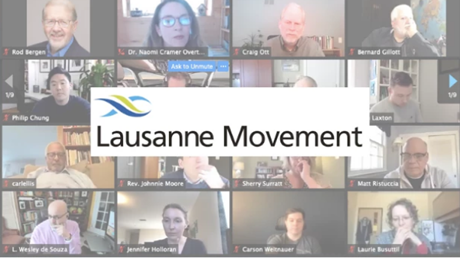Article 6 in a series of articles based upon the Lausanne North America Listening Call

In the previous post, Part 5, we shared three answers North American church leaders gave to the following question that Lausanne Global is asking church leaders across the globe: Where is further research needed to accelerate the Great Commission?
Here are the final three areas where more research needs to be done in order for the church in North America to become more effective at participating in the Great Commission.
1.) Understanding and implementing a polycentric leadership model in leading and engaging in missions.
Polycentrism is an approach to governance where the doctrine where a plurality of independent centers of leadership, power, or ideology may exist within a single political system.
Based upon this definition, polycentrism applied to the church’s mission is different than a plurality of leadership in a local church. Polycentrism is about independent bodies coming together under a single system yet maintaining their autonomy and distinction as an organization.
This terminology may be new for many. The reason for this may be because it was introduced last year by Joseph Handley in his dissertation entitled, “Polycentric Mission Leadership.” Handley notes in an article appearing on the Lausanne website, “During my studies, I came to believe that polycentrism provides a stronger leadership paradigm for leading missional endeavors in an interdependent, globally networked world.”
Handley goes on to express:
I am convinced that a collaborative, communal approach to leadership that empowers multiple centers of influence as well as a diverse array of leaders is better suited to addressing the issues before us during this era of a globalized world, even more so now that I see the nations pulling ...
from Christianity Today Magazine
via


.gif)

.gif)
.gif)
